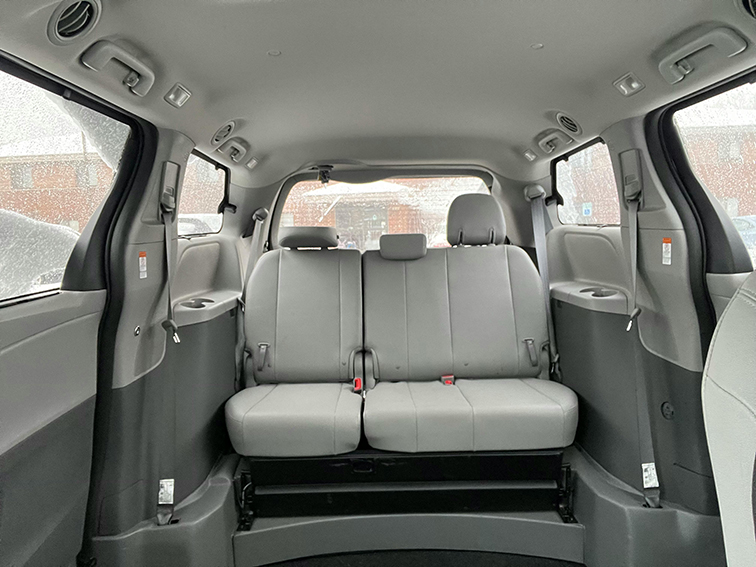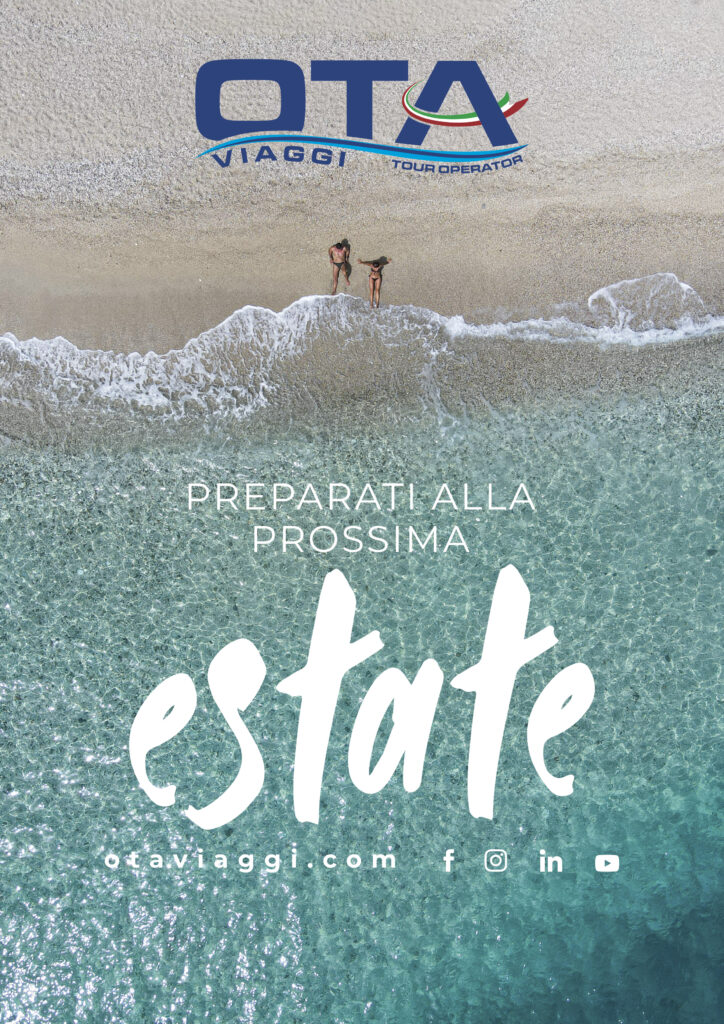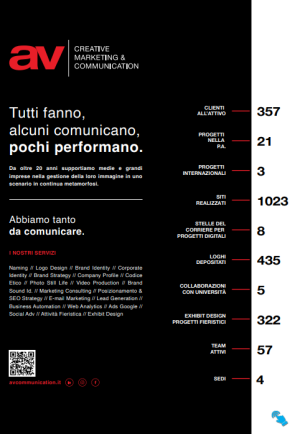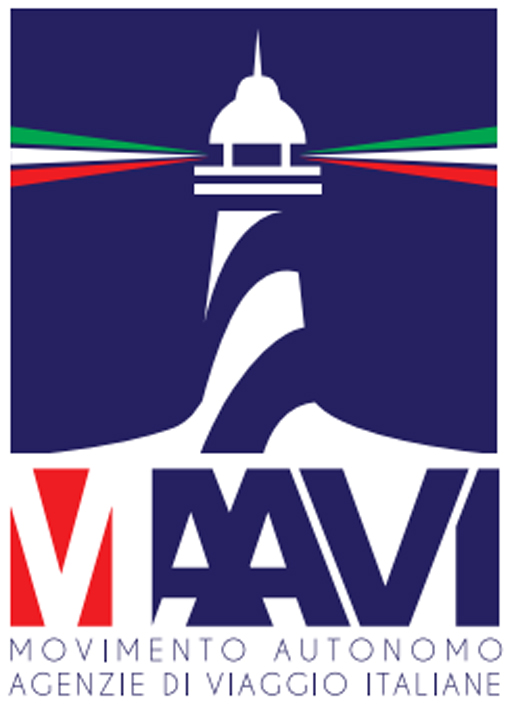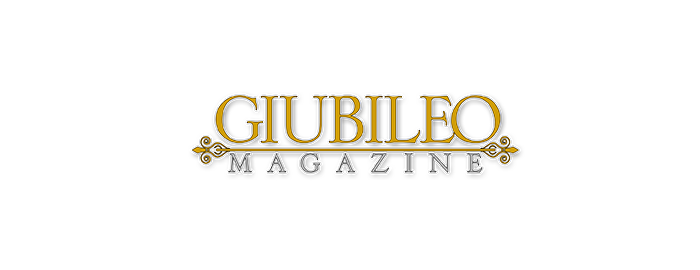Dear Lawyer,
I am Mario, and I run a travel agency in Rome. In preparation for the 2025 Jubilee, we anticipate an exceptional influx of tourists and pilgrims. To offer a more complete and competitive service in our travel packages, we are considering directly organizing transportation for our clients, such as using minibuses or coaches. Are there any legal limitations for a travel agency intending to undertake this activity?
Dear Mario,
The matter you raise is of primary importance for travel agencies looking to expand the range of services offered, especially in light of an extraordinary event such as the 2025 Jubilee. The answer to your query is grounded in a recent ruling by the Italian Supreme Court (Corte di Cassazione) [No. 27218/2024], which clarified the operational boundaries permitted for travel agencies concerning transportation activities.
According to Article 18 of the Tourism Code, travel agencies are authorized to engage in the production, organization, and intermediation of travel and stays. They are also considered tourism enterprises capable of providing any other form of tourist service that supports customer reception and assistance. This concept was further clarified by the Supreme Court, which confirmed that a travel agency’s business activities are not limited to merely organizing trips but can include additional and ancillary services aimed at enhancing the overall tourist experience.
Article 33 of the same Tourism Code also recognizes both the transport of people and the rental of vehicles as tourism services, provided these activities are directly connected to the creation of a travel package or an organized excursion.
The Supreme Court’s recent ruling addressed this issue in the case of Florencetown Srl. The transport of clients using the company’s own vehicles, as part of a tourist excursion, was challenged by the Siena Municipal Police as a presumed violation of Article 85 of the Highway Code (unlawful operation of rental services with drivers). However, the Supreme Court ruled that this activity was legitimately part of the provision of an ancillary tourist service, and therefore, it did not constitute an independent transportation activity.
This clarification is vital for travel agencies as it allows them to use their own vehicles for client transportation, provided this is done exclusively within the framework of organized travel packages or excursions.
It is crucial to emphasize that the transportation activity must be functional and instrumental to the delivery of an overall tourism service. It must not constitute an independent transportation service separate from the tourist services offered, to avoid the application of stricter regulations under the Highway Code or the rules governing rental services with drivers.
The Supreme Court also emphasized that this approach respects the principle of instrumentality, facilitating tourism businesses in offering integrated services without facing undue sanctions or restrictions.
For a travel agency like yours, this possibility represents a strategic opportunity: you can directly organize tourist transportation, improving service quality and responding more flexibly to clients’ needs during the 2025 Jubilee.
However, I urge you to pay particular attention to ensuring that such activities cannot be interpreted as unauthorized driver rental services. It is always advisable to clearly state in contracts and documentation that the transportation is an integral part of a travel package or excursion, not a standalone service. Additionally, make sure to verify any local regulations that may impose additional requirements for the use of your vehicles.



